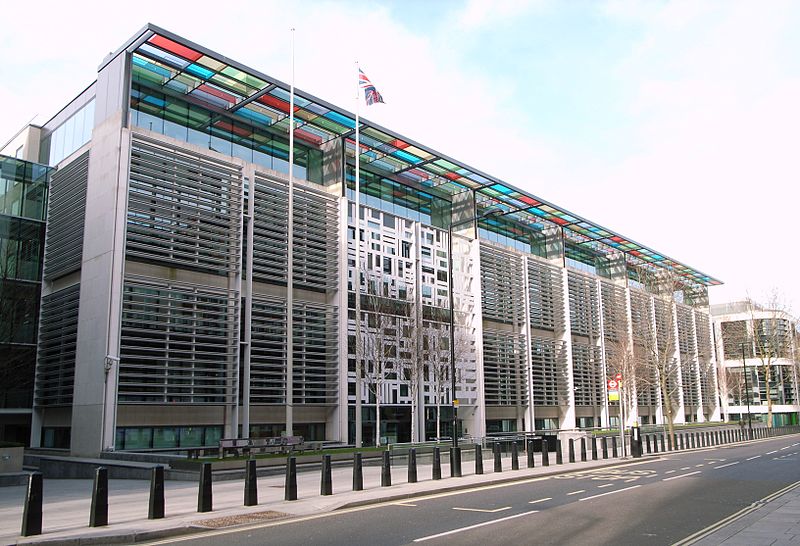
The UK issued significantly fewer work visas in 2024 compared to the previous year following stricter immigration policies, particularly for health and social care workers.
However, asylum applications surged to record levels, according to official data released on Thursday.
Immigration has long been a divisive issue in Britain, playing a crucial role in the country’s 2016 decision to leave the European Union. While some argue that large-scale migration strains public services and exacerbates housing shortages, others emphasize the need for foreign workers, especially in healthcare.
Amid growing support for the right-wing Reform UK party, which advocates for stricter immigration controls, Prime Minister Keir Starmer has pledged to overhaul the points-based visa system. This comes after revised figures revealed net migration exceeded 900,000 in the year leading up to June 2023.
Work visas plummet amid policy changes
Data from the Home Office showed that in the 12 months leading to December 2024, the UK granted 210,098 work visas—a sharp 37% drop from the previous year. The most significant decline was in health and social care visas, which fell by 81% to just 27,174. This trend follows restrictions imposed by the previous Conservative government, which began affecting numbers in early 2024.
Asylum claims and small boat arrivals surge
While work visas declined, asylum claims skyrocketed. A total of 108,138 people sought asylum in 2024—an 18% increase from the previous year and surpassing the UK's previous record set in 2002. The largest groups of asylum seekers came from Pakistan, Afghanistan, and Iran.
Additionally, the number of migrants crossing the Channel in small boats rose by 25%, reaching 37,000 arrivals. However, the approval rate for asylum seekers dropped, with only 39,616 individuals granted refugee status or other forms of leave—a 37% decline.
Government struggles with asylum backlog
Since taking office in July, Starmer’s Labour government has intensified efforts to clear the backlog of asylum applications. While the number of pending cases fell by 5% compared to late 2023, approximately 125,000 people were still awaiting an initial decision.
Border Security and Asylum Minister Angela Eagle blamed the previous government for the delays, stating, “In the last few months before the election, asylum decision-making collapsed by more than 70%, significantly increasing the backlog.”
As the government grapples with immigration policy, the balance between controlling migration and meeting labor demands remains a pressing challenge. Photo by Steve Cadman, Wikimedia commons.


































